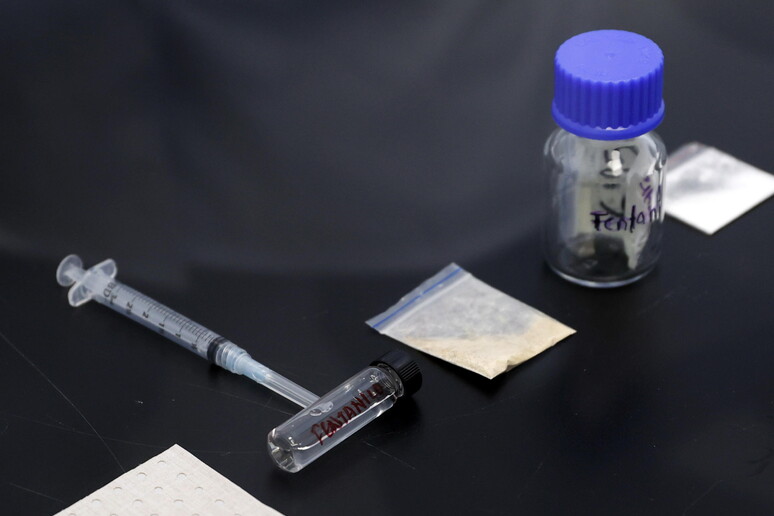The House passed the HALT Fentanyl Act, which classifies Fentanyl, as a “Schedule I” controlled substance to toughen penalties for use and distribution. The measure passed by a wide margin (312-108), with the support of 98 Democrats, a number up from previous votes on similar measures. The new classification includes a mandatory minimum sentence of 10 years in prison for offenses related to 100 grams or more of the substance. Some Democrats opposed the measure, fearing that harsher penalties would disproportionately affect minority communities.
As noted in the official press release, Congressman Brett Guthrie, chairman of the House Committee on Energy and Commerce, and Congressman Earl L. “Buddy” Carter chairman of the Subcommittee on Health, said, “As Republicans work to resolve the previous administration’s border crisis and save lives from Fentanyl poisoning, this legislation will serve as an important tool for law enforcement to combat transnational criminal organizations and drug traffickers.”
According to Republican representatives, the measure was necessary because drug traffickers exploit legal loopholes in the criminal code by making minor changes to the chemical composition of the synthetic opioid Fentanyl, creating an “analog” with very similar substances. With the new measure, the incentive to create new FRS (Fentanyl analogs) is blocked. The temporary programming authority, however, expires in March 2025.
According to the representatives who spearheaded the HALT Fentanyl Act, Morgan Griffith and Bob Latta, the new measure ensures that law enforcement agencies “have the tools they need to keep these extremely deadly and dangerous drugs off our streets.”












